Bengal’s ‘Singham’ IAS Officer Cracks Whip, Resolves to Ensure His District Eats Safe!
Residents have given a big thumbs up to the DM's crackdown on 'corrupt profit-hungry businessmen'.
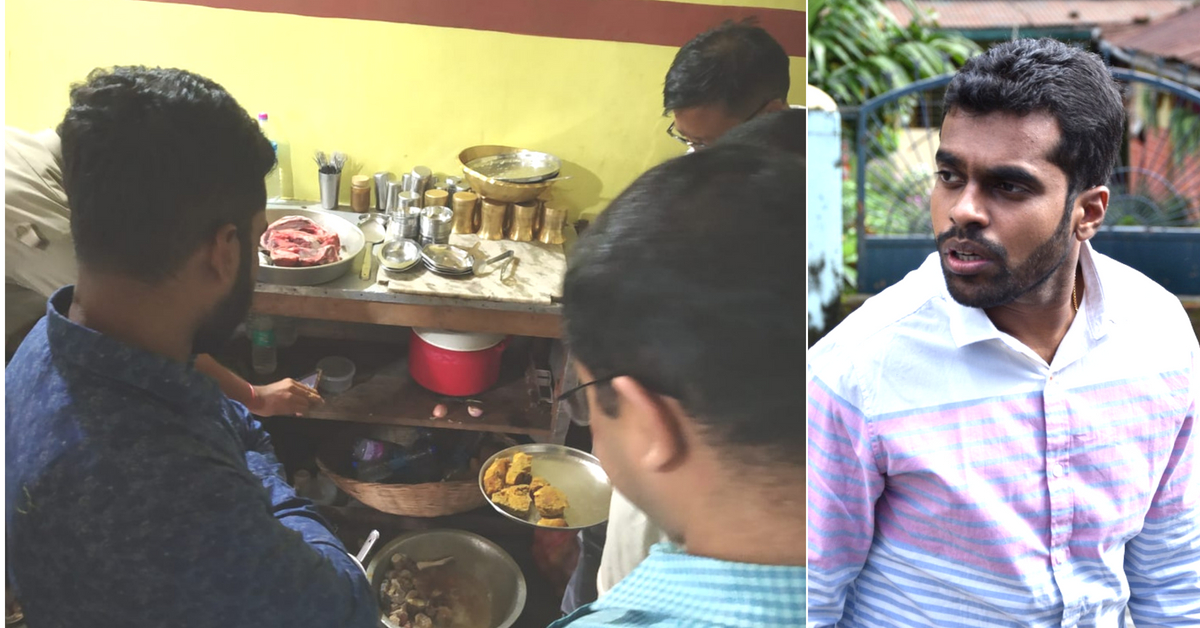
For Nikhil Nirmal, a 2011-batch Indian Administrative Service officer, who was recently appointed the District Magistrate of Alipurduar, which itself was made a West Bengal district only in June 2014, food safety is an emotional issue.
“Food safety as a public health issue is generally neglected all over India, and not just in West Bengal. The issue resonates with me personally because last year a very close friend of mine died due to food poisoning after eating at a prominent restaurant in Cochin. It was the bacterial infection contracted from unhygienic food that killed him,” says Nikhil, speaking to The Better India.
Before he took charge, the district administration had received multiple complaints regarding food adulteration and unhygienic practices. However, nothing was done about it since the post of Food Inspector (FI) under the Alipurduar Municipality remained vacant (due to the lack of administrative capacity).

As soon as Nikhil took charge, he ordered a crackdown on hotels, restaurants, food vendors and other such establishments in town based on all the complaints gathered.
“To overcome the scarcity of resources I asked the FI posted at Jalpaiguri, which is nearly 200 km away, to conduct checks in Alipurduar once a week on Wednesday. Adhering to the due procedure, I took along an army of government officials, including the FI, on these raids starting last month, where videography evidence was collected,” says Nikhil.
What did they find?
Among other things, they found the quality of food was exceedingly poor with nearly all establishments not possessing a government-issued food license. Food items were stored unhygienically in refrigerators with fungus overgrowth and cockroaches on the floor and shelves.

“Besides, we also found fungus-laden food, rusted utensils, use of kerosene which is a major fire hazard, improper handling without gloves, apron and headgear, and encroachment on public land,” said Suman Mohanty, an IAS officer working on probation under Nikhil.
In the first instance, five major hotels were raided with three sealed off for want of necessary documentation and not adhering to food standards. The administration also served show-cause notices on the spot. While the district chamber of commerce protested that vendors could not be punished for lack of food license, the administration was not moved by these pleas.
“After that, we conducted a second round of raids recently and sealed two more shops, including one connected to influential residents. We also shut down several others on the basis of unhygienic food standards and a show cause was issued wherein the vendors were asked to apply and get food license within specified standards of food and health safety of the State government,” says Nikhil.
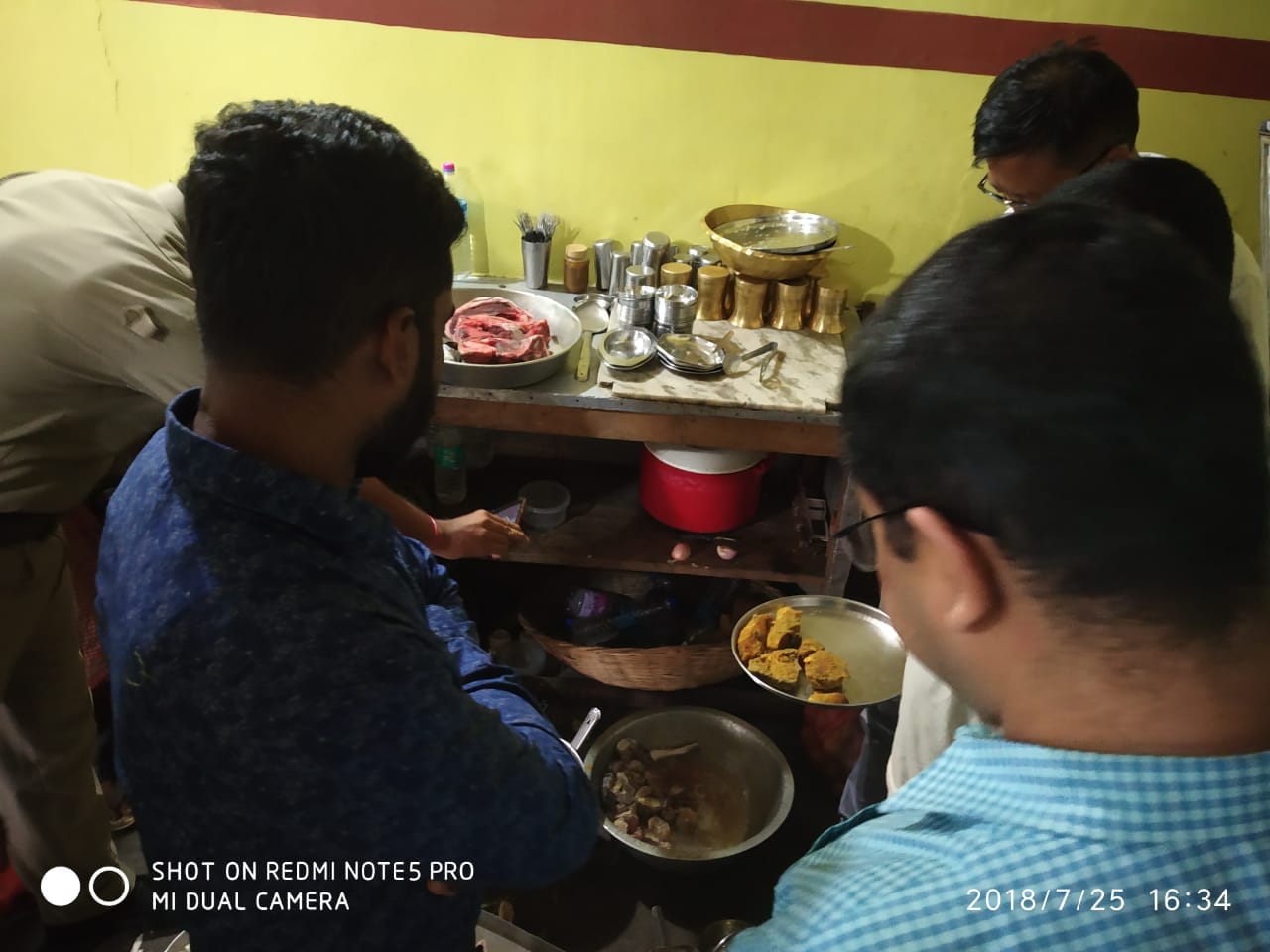
West Bengal does not have the greatest reputation when it comes to food hygiene. Currently, the Calcutta High Court is hearing a frightening case about the sale of rotten meat in Kolkata, which has put many residents off.
“West Bengal is a paradise of adulteration and hell as far as checks of food safety is concerned. Prevention is better than cure, and this is a preventive petition,” said Subhash Dutta, an environmental activist who is also a petitioner in the case, speaking to reporters.
Even the statistics do not look good. Statistics from the Food Safety and Standards Authority of India (FSSAI) from 2014-15 place the state amongst the worst. Unlike Maharashtra, which tested 6,985 food samples that year, West Bengal tested only 120. Making matters worse, half the samples in West Bengal were adulterated, while Maharashtra measured a much healthier 16.64%.
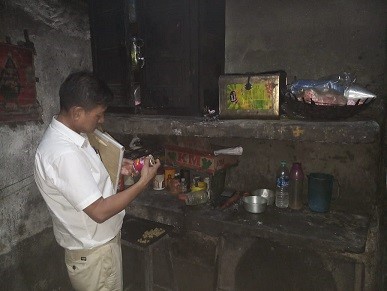
Why is West Bengal such a mess when it comes to food safety?
For starters, it is the lack of administrative capacity. There just aren’t enough food analysts and safety officers. In June 2017, FSSAI found that of the required 180 food safety officers in the state, only 42 posts were filled.
Of the 42, 23 are working under the Kolkata Municipal Corporation, while 19 are spread across the other 23 districts. “There is a lack of enforcement due to the absence of a specialised workforce. Food safety officers are a dying breed in the state with reasons ascribed to delayed recruitment and posting. In our district, we also have to work around with a food inspector posted in Jalpaiguri who can come only on Wednesday to Alipurduar. It hampers regulatory compliance,” he says.
However, the matter has been taken up with the state government and a permanent food safety officer is likely to be posted soon in the district.
“In the meantime, a special team consisting of deputy chief medical officer and deputy magistrate of the collectorate regularly visit these establishments, maintaining continuous vigilance based on the procedure for food safety norms prescribed by the State government. This special team operates as force multipliers to the efforts of the food safety officer posted at Jalpaiguri, who monitors the process,” says Nikhil.
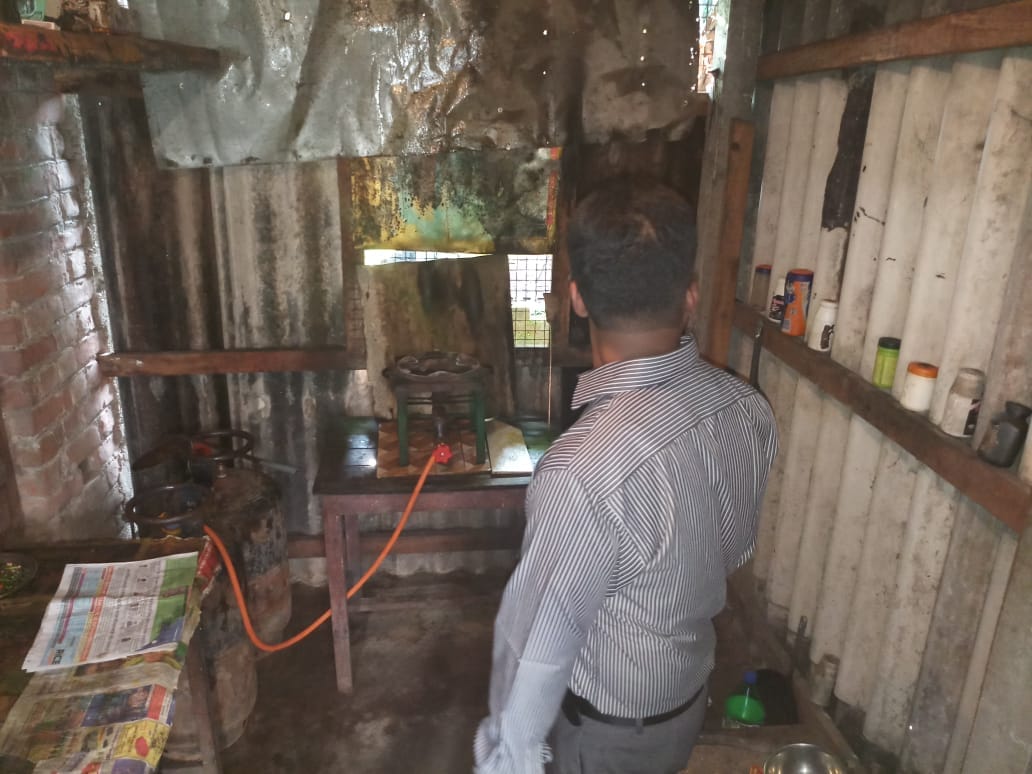
Having said that, the lack of administrative capacity is only part of the problem.
“There is a gross lack of awareness among hotel owners and shopkeepers with regards to licensing norms and food safety criteria as enunciated in the Food Safety and Standards Act, 2006,” says another official working with the administration. Since Alipurduar is an outlying district, where computer literacy isn’t up to the mark, applications for licenses were not forthcoming. Moreover, lack of enforcement and non-imposition of penalties in the past made the owners complacent.
Responding to these concerns, the administration has initiated a special enrolment drive for new registrants with restaurant owners and food safety officials coming together under one roof to process applications online. Meanwhile, an awareness camp was conducted for the district chamber of commerce and restaurant owners regarding FSSAI licensing norms. In other words, the administration is literally building the food safety ecosystem from the ground up.
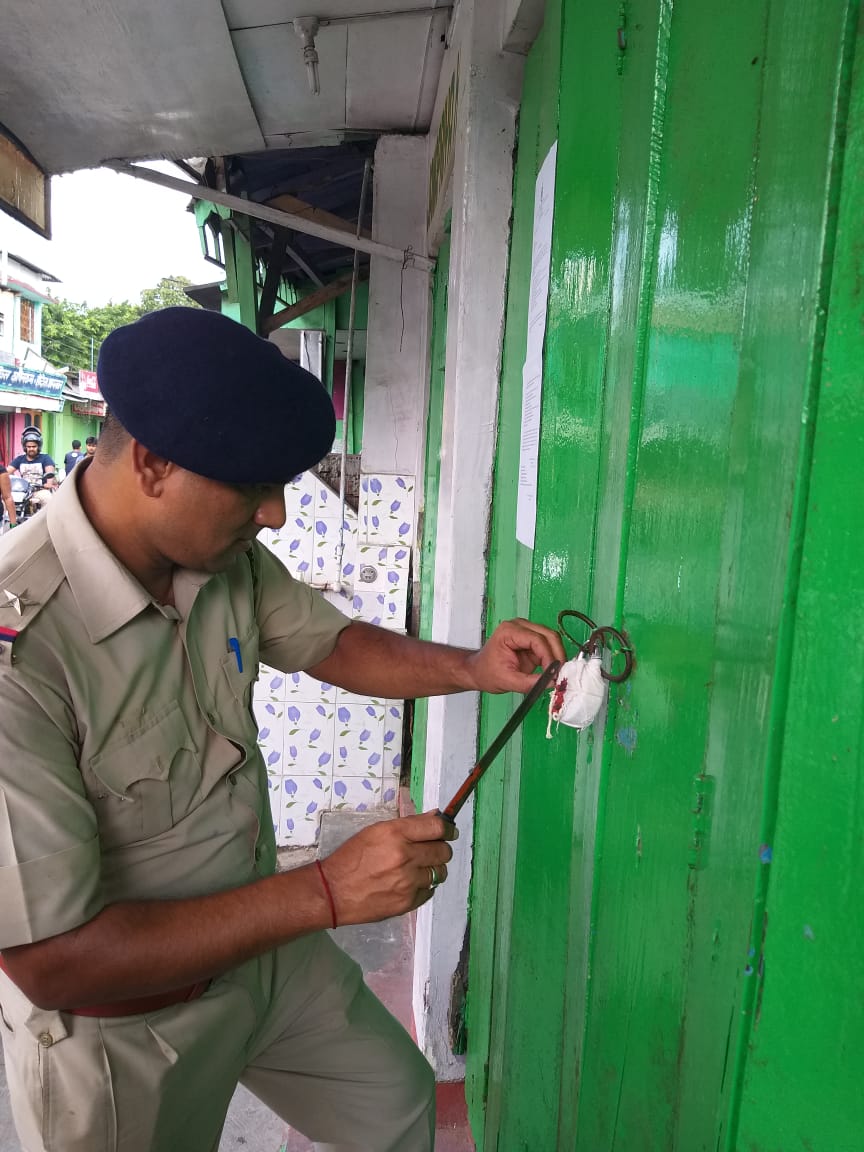
Thus far, the administration has sealed six hotels and sweet shops, but the objective isn’t to shut them down permanently, says Nikhil. However, only once these establishments fulfil certain food safety criteria will they be allowed to open. Hotels and sweet shops sealed by the administration were given a notice yesterday. As per the notification, the sealed hotels may be reopened so that they can undertake the necessary steps for ensuring cleanliness—hygiene in their kitchen and production facilities.
“All old utensils will have to be replaced. Suppliers and cooking staff must wear aprons and gloves. Must initiate rigorous pest control measures, and commercial LPG should be used for cooking instead of kerosene,” says Nikhil. Once all the necessary work is done, a committee led by the district magistrate will inspect these establishments for compliance, and if they are up to the mark, the administration will allow them to reopen for business.
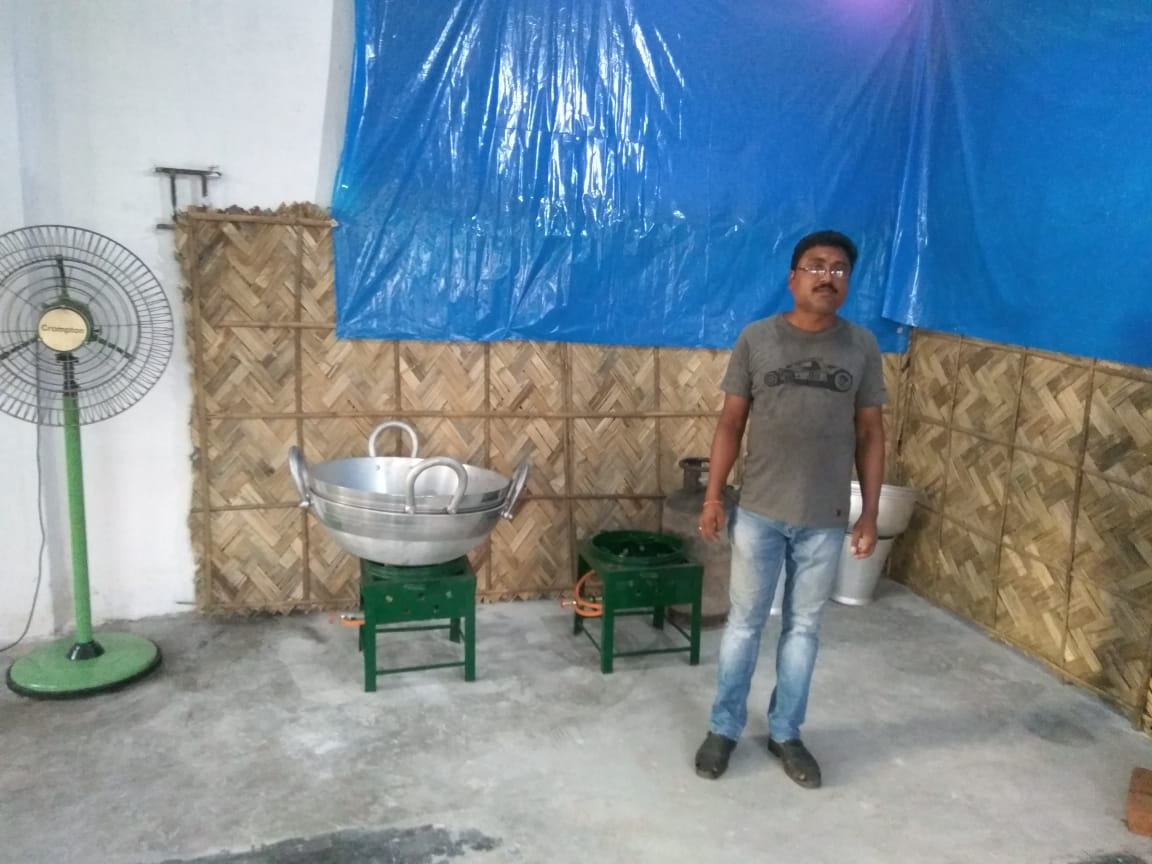
Meanwhile, the additional district magistrate is conducting hearings based on complaints against many of these establishments that had not proceeded earlier. If found guilty, these establishments are liable to pay damages up to Rs 5,00,000, and in some instances, Rs 1,00,000.
Also Read: Gun, Gods & Fines: How IAS Officers Ensured Everyone in Gwalior Dist. Has a Toilet!
Food vendors in the district have been directed to sign an affidavit stating that they would maintain specific conditions of safety and hygiene. Once they do so, the business can re-start. These food vendors have been warned that if they violate the conditions stated in the affidavit they would be booked under criminal sections of Indian Penal Code, which could mean jail time.
Next month the administration will conduct similar raids in the outlying areas of the district.
Suffice it to say, the residents of Alipurduar are encouraged by the implementation of strict measures that were long overdue.
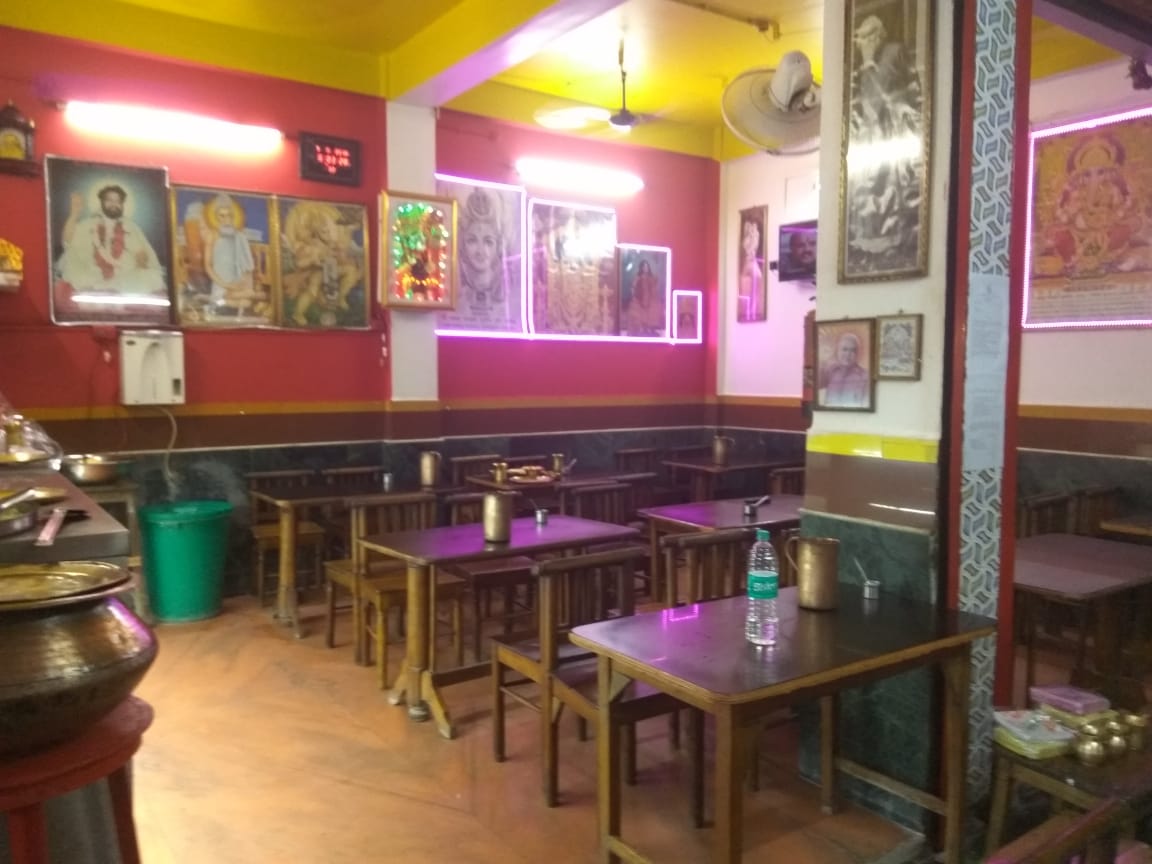
“Probably for the first time the district administration has taken such measures against corrupt profit-hungry businessmen who were toying with the health of the residents. We hope the administration can keep this up,” says Sankha Sarkar a resident of Alipurduar town.
Speaking to other residents, there are references to Singham and Nayak (both popular movies about public servants performing their duties despite constraints set on them by the system) attributed to the district magistrate. Read the DM Alipurduar Facebook page here to get a sense of their work.
Nonetheless, maintaining these standards in the long-run remains an issue, and these are merely the first steps towards ensuring greater food hygiene in the district.
“There is still a long way to go,” says Nikhil.
(Edited by Gayatri Mishra)
Like this story? Or have something to share? Write to us: [email protected], or connect with us on Facebook and Twitter.

Similar Story

Ex-IRS Officer’s Free UPSC CSE Course Eliminates Need for Paid Coaching
An IRS officer-turned-educator, Ravi Kapoor has mentored thousands of UPSC aspirants for free. Taking upon his 10 years of bureaucratic experience and masters in clinical psychology, Ravi’s approach to UPSC mentorship has always kept mental fitness and motivation in focus.
Read more >
If you found our stories insightful, informative, or even just enjoyable, we invite you to consider making a voluntary payment to support the work we do at The Better India. Your contribution helps us continue producing quality content that educates, inspires, and drives positive change.
Choose one of the payment options below for your contribution-
By paying for the stories you value, you directly contribute to sustaining our efforts focused on making a difference in the world. Together, let's ensure that impactful stories continue to be told and shared, enriching lives and communities alike.
Thank you for your support. Here are some frequently asked questions you might find helpful to know why you are contributing?


This story made me
-
97
-
121
-
89
-
167












